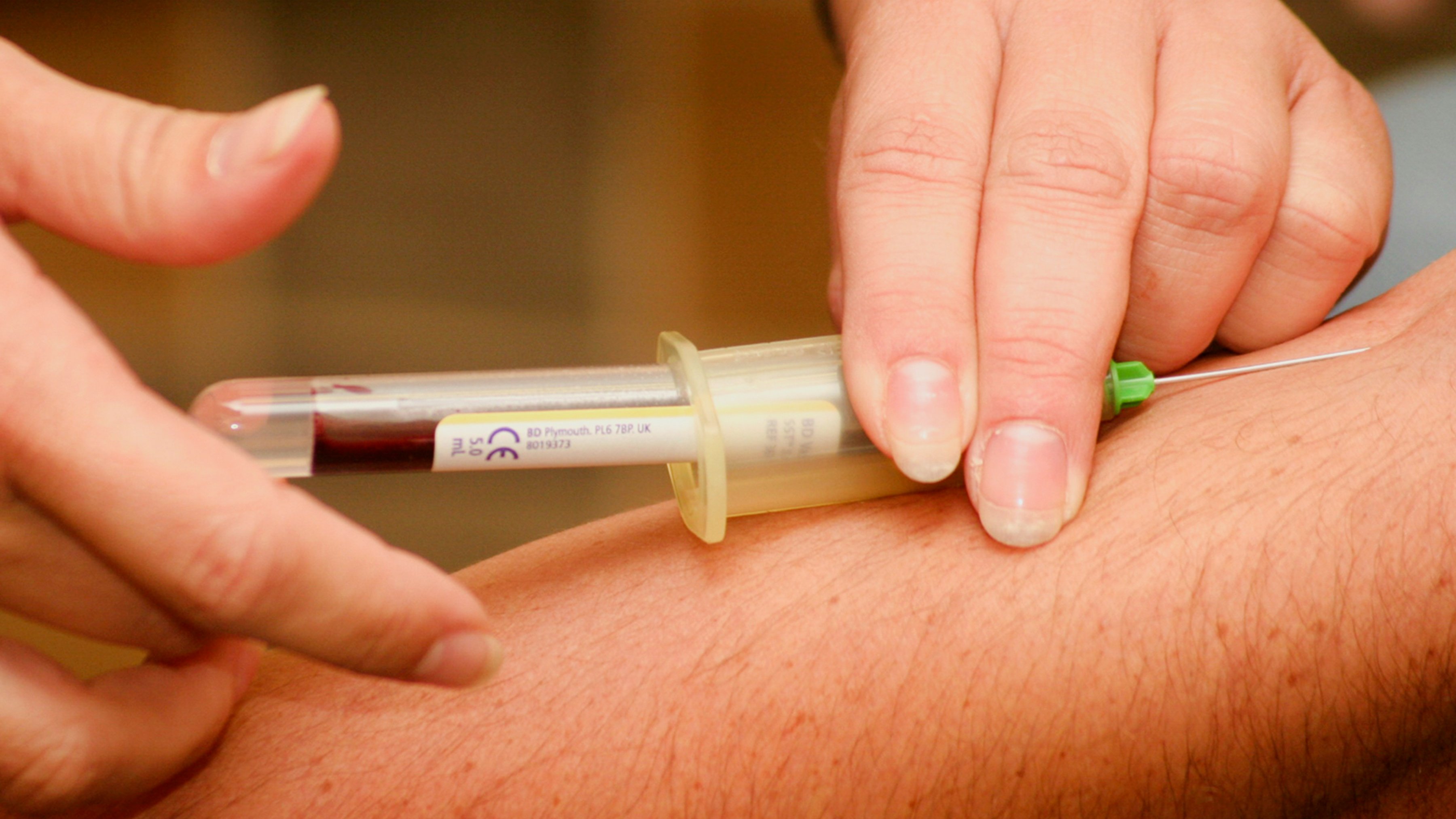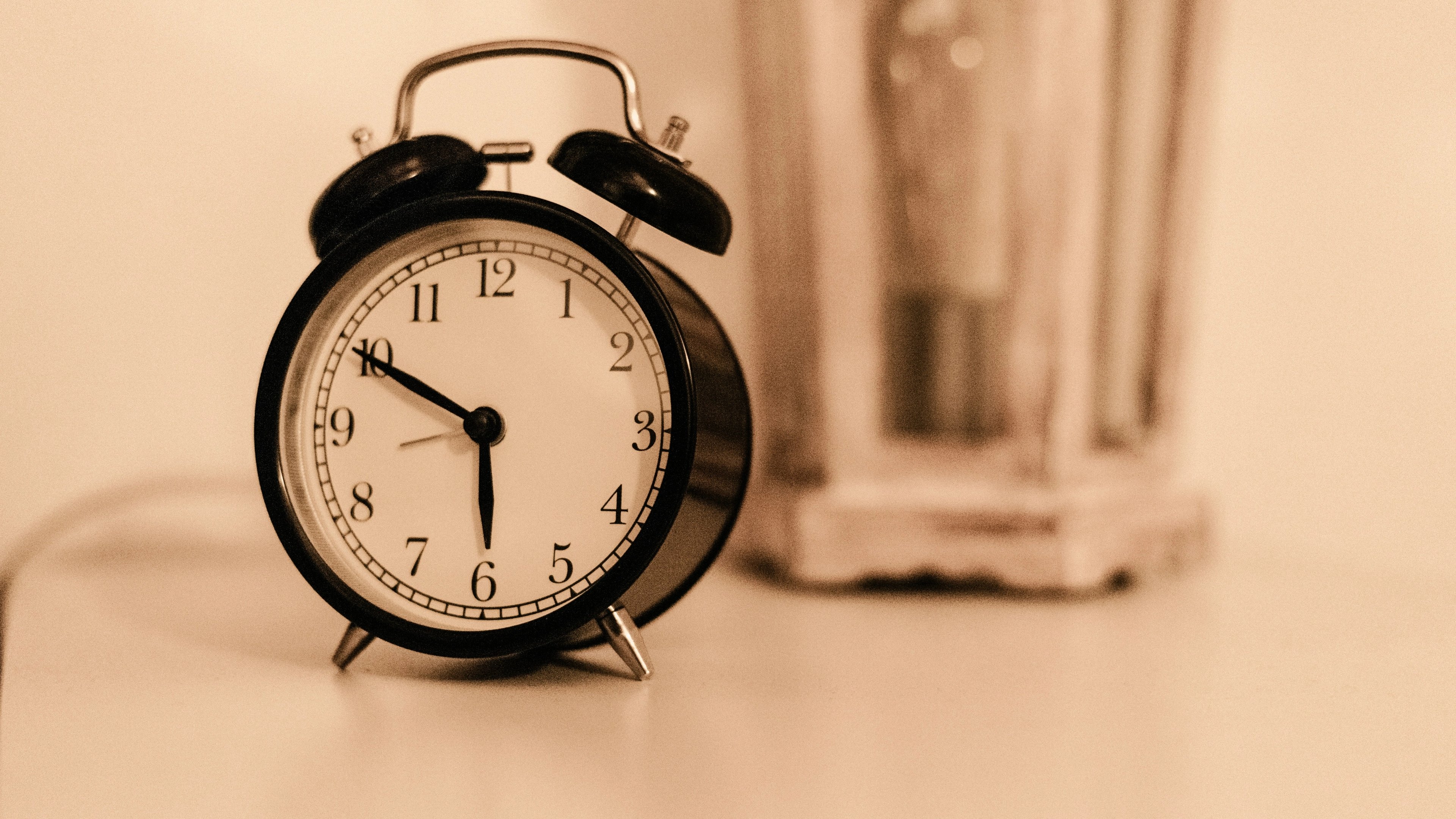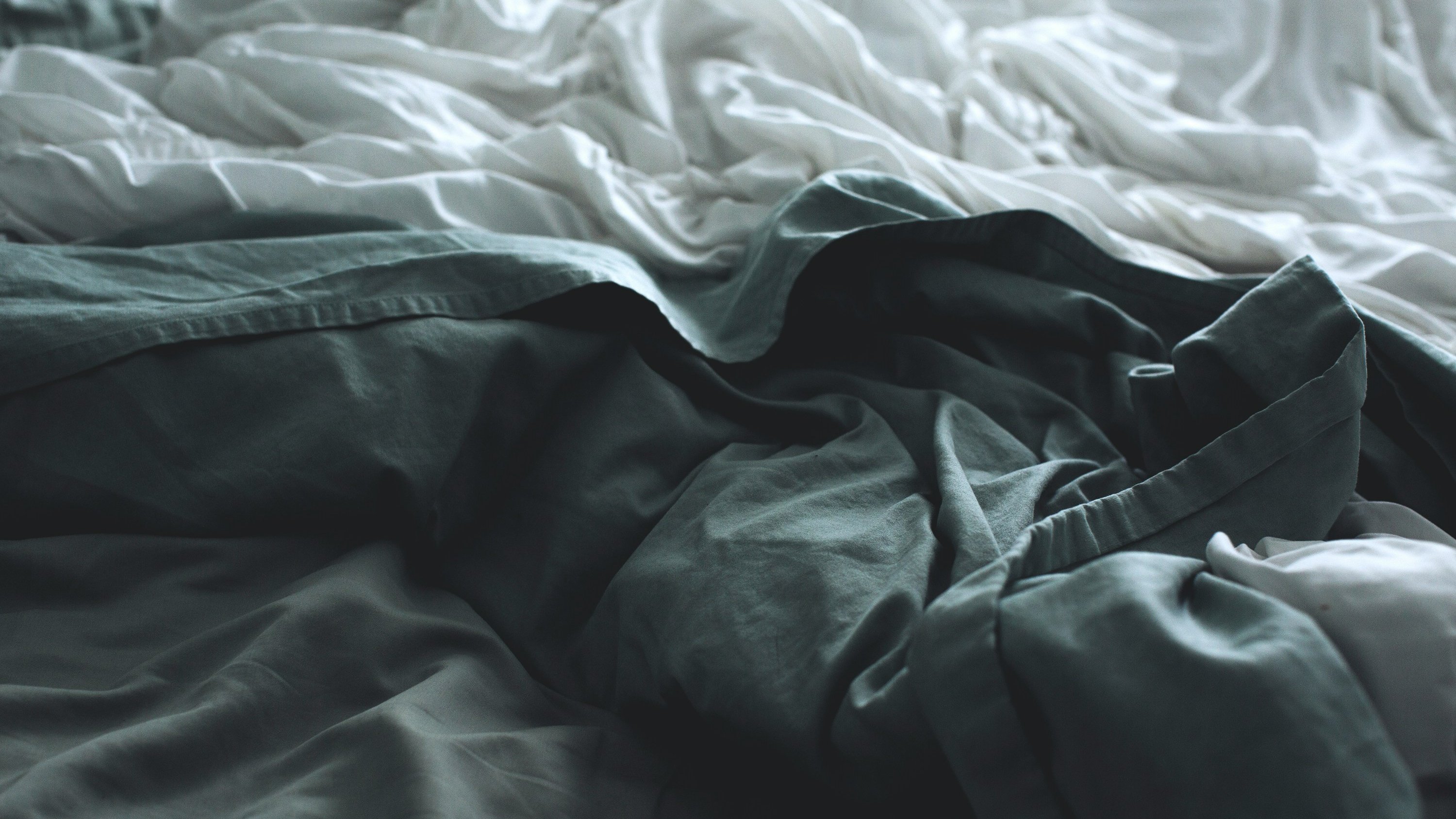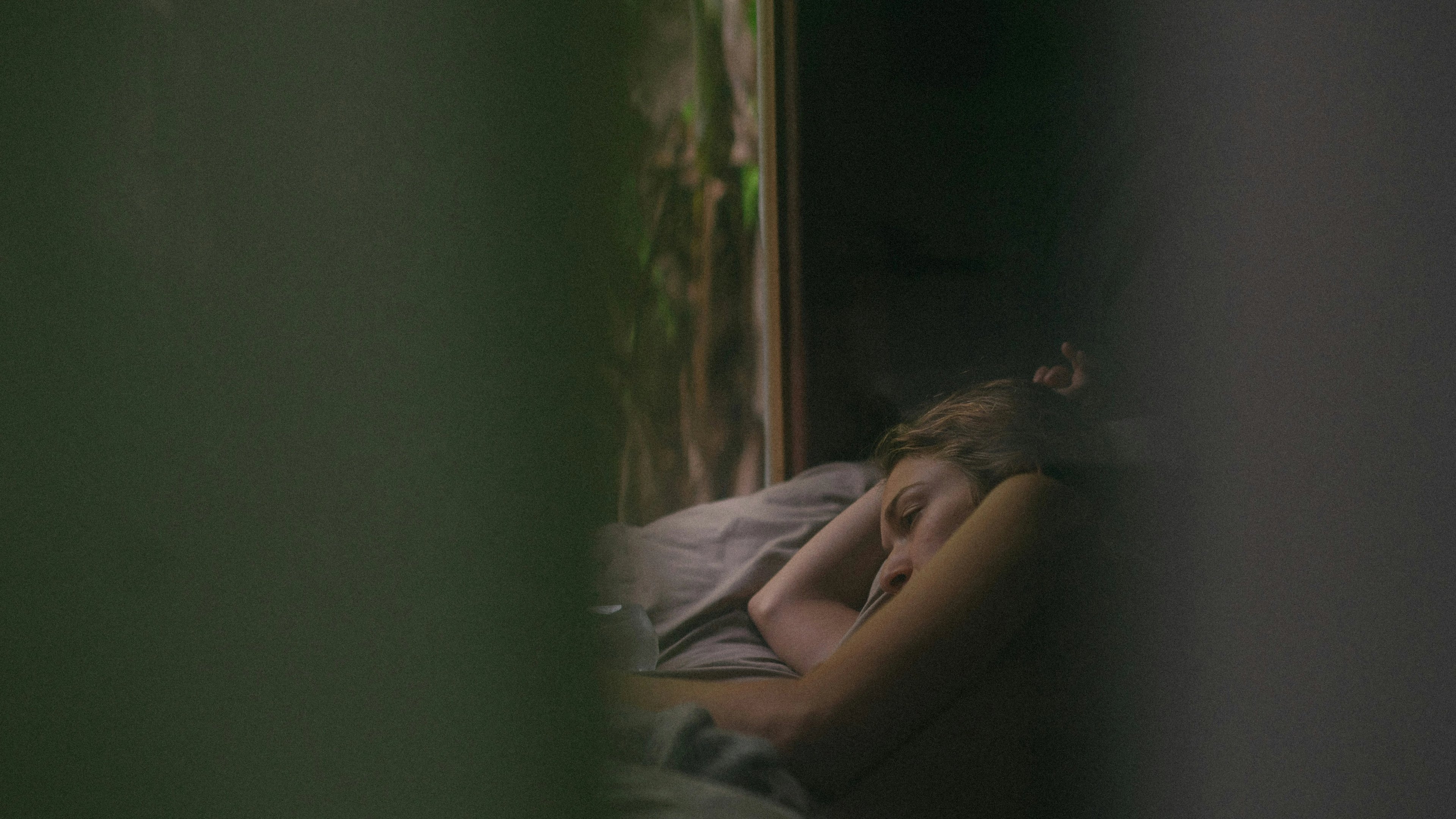
Sleep Lessons from "OutLive" by Peter Attia
Peter Attia’s OutLive underscores sleep as a critical determinant of health and longevity, supported by robust scientific evidence. Sleep deprivation drives metabolic, cardiovascular, cognitive, and emotional decline, while quality sleep—enabled by consistent habits and disorder management—fortifies resilience against these threats. Attia’s practical recommendations offer a roadmap for optimization, emphasizing sleep’s role as an accessible, powerful tool for extending healthspan. Integrating these lessons into daily life aligns with his broader vision of proactive, evidence-informed health management.







